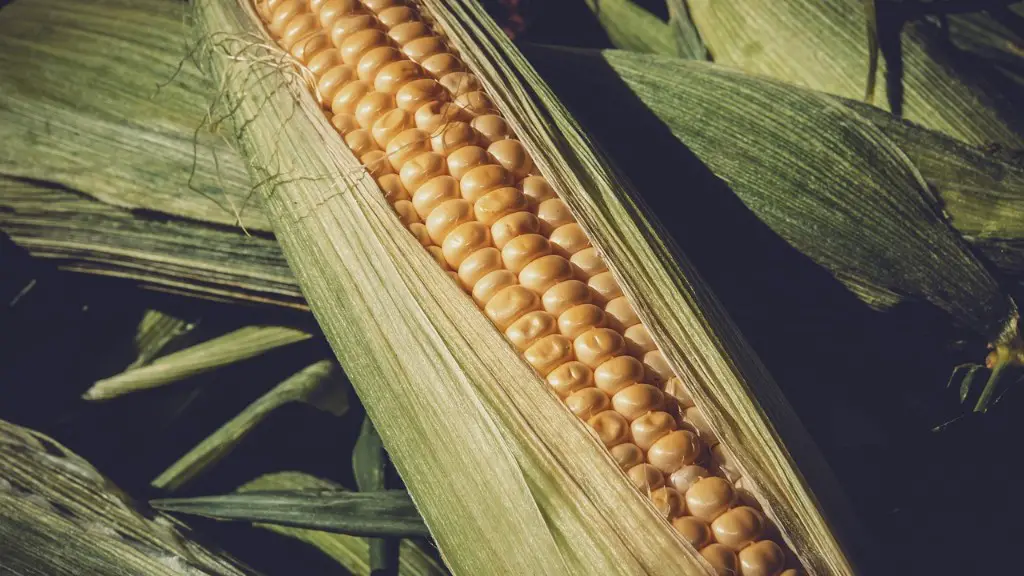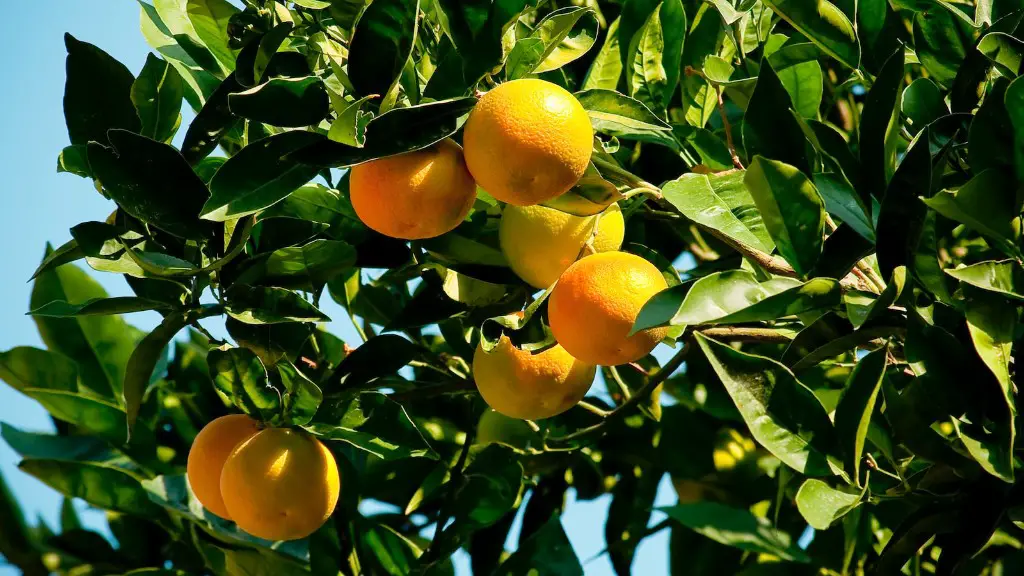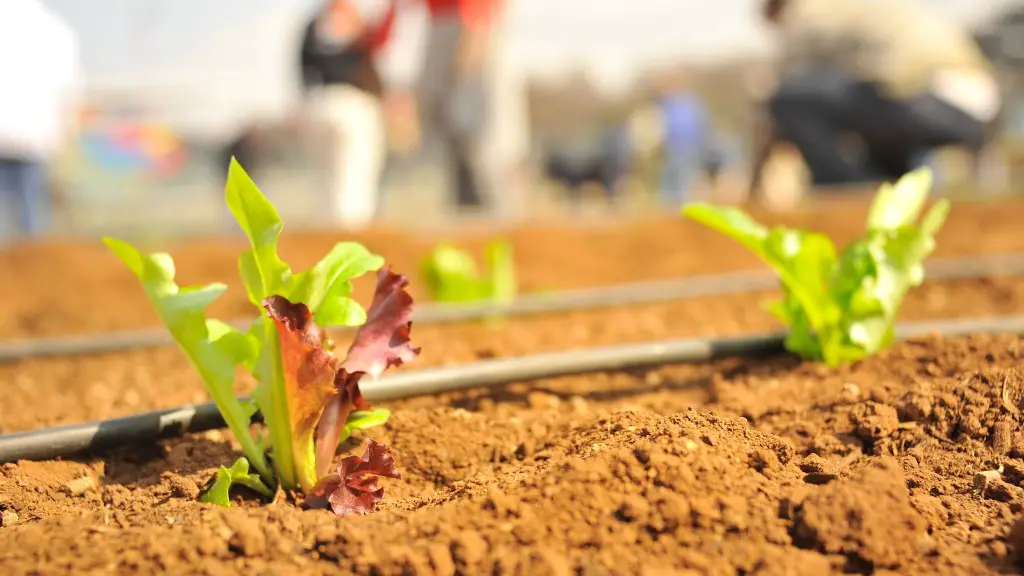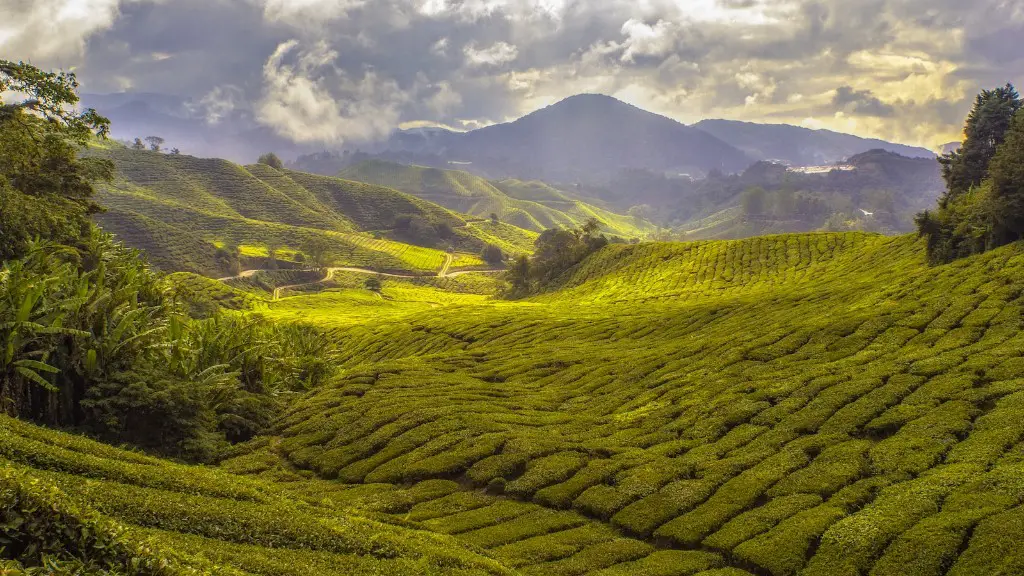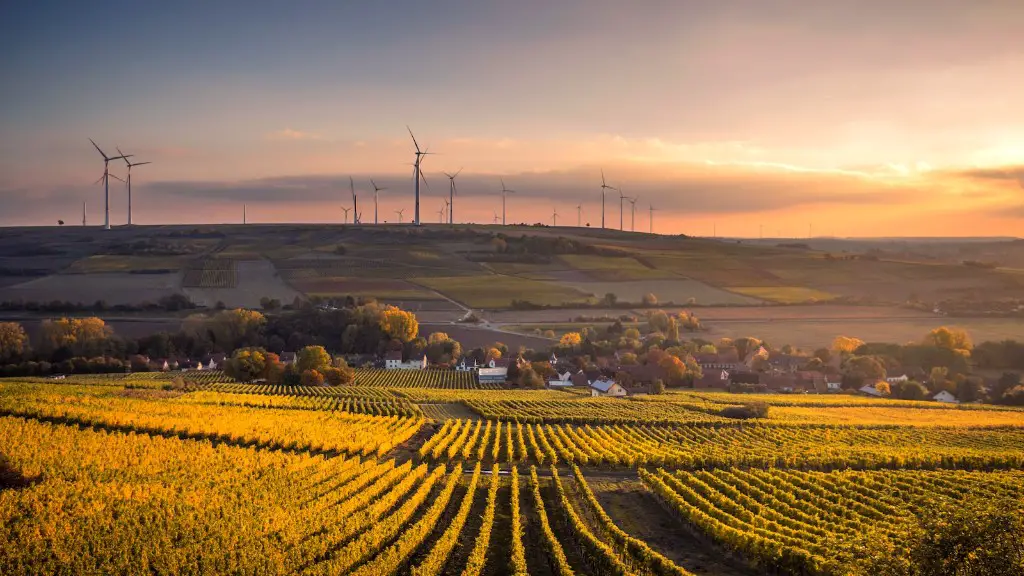The globalization of agriculture refers to the internationalization of agriculture production, trade, and consumption. It is a process of integration and exchange that brings different actors, including transnational corporations, financial institutions, global policy makers, and farmers, into a single system. The globalization of agriculture has had a profound impact on the way food is produced, traded, and consumed around the world.
Globalization in agriculture refers to the process of international integration of the agricultural sector. This integration can be seen in the increasing trade in agricultural products, the increasing investment in the agricultural sector, and the increasing trend of multinational corporations in the agricultural sector.
What is the globalization of agriculture?
Globalization has been a controversial topic for many years now. Some believe that it has led to increased levels of poverty and inequality, while others believe that it has helped to reduce poverty and improve food security. There is no easy answer, but it is clear that globalization has led to both positive and negative outcomes in different parts of the world.
Globalization has had a profound impact on our world, and its effects can be seen in both the positive and negative light. On the one hand, globalization has led to increased trade and investment, which has in turn led to economic growth and prosperity for many countries. On the other hand, globalization has also led to increased competition, and in some cases this has resulted in job losses and a decline in living standards.
There is no easy answer as to whether globalization is a good or bad thing. It is important to remember that globalization is a complex phenomenon with a variety of effects, and that not all countries have benefited equally from it.
How does globalization affect agriculture in the United States
It’s no secret that globalization has had an impact on the American farming industry. According to the most recent Agricultural Census, there are 19 million farms left in the United States. That’s a dramatic decrease from the more than 30 million farms that existed just a few decades ago. Many farmers have been forced to leave the profession altogether, as they can no longer make a full-time living from the farm. The loss of farm land has also been felt across the country, as large tracts of land have been sold off to developers or turned into pasture for livestock. All of this has had a profound impact on the way that food is grown and produced in the United States.
There is a considerable amount of empirical evidence stating that globalization has had a positive impact on agriculture in developing countries. This is due to the fact that globalization has made it simpler for these countries to have access to technology that can help them improve their food production.
Why is global agriculture important?
Agriculture is critical to societies around the world. It provides food for people to eat, habitat for wildlife, and jobs for people to do. Agriculture also provides raw materials for many products we use every day, from clothing to building materials. And, because agriculture is such a vital part of the global economy, it can help build strong economies through trade.
Globalization is the process of expanding world trade, contacts among societies, and the sharing of ideas around the world. With the help of technology, globalization has made the world a smaller place by bringing people and cultures closer together.
What is globalization and why is it important?
Globalization has increased the speed of movements and exchanges around the world. This has led to increased interaction between different regions and populations. Globalization has also had a number of other impacts, such as increasing trade and investment, and spreading ideas and technology.
Multinational corporations play an important role in the global economy by providing goods and services in multiple countries. They can also help to spur economic development in struggling countries by creating jobs through outsourcing. Additionally, multinational corporations often use parts from other countries in their products, helping to create a more globalized economy.
What are the positive and negative impacts of globalization on agriculture
Globalisation has had a significant impact on Indian agriculture. In many good ways, agriculture has benefited from high yield varieties, genetically modified crops (GM crops) and micro-irrigation techniques. Foreign investment in agriculture in contract farming, cold storage and food processing has helped farmers. However, there have also been some negative impacts, such as increased competition from imports, as well as challenges in accessing credit and markets. In general, though, globalisation has been positive for Indian agriculture.
As the population continues to grow, the demand for homes and services also increases. This, in turn, raises the price of land, making it difficult for farmers to purchase. However, sometimes farmers are left with no other choice but to sell their land.
How is agriculture involved in the global economy?
Agriculture is the backbone of any country and it supplies much more than food for human consumption. It produces livestock feed, transportation fuel, energy, clothing fiber and biomass used to produce a variety of industrial chemicals. Agriculture is a vital sector of the economy and it plays a key role in the development of a country.
In recent years, globalization has become an increasingly controversial topic. Some people believe that it has led to the decline of local economies and the loss of jobs, while others see it as an essential driver of economic growth and prosperity.
There is no question that globalization has had a profound impact on the world economy. But its ultimate effects depend on the policies that governments adopt in response to it. If policy makers embrace globalization and take steps to ensure that its benefits are widely shared, it can be a powerful force for good. But if they resist globalization or try to protect their citizens from its effects, it can be a destructive force.
The challenges posed by globalization are not going away. But with the right policies in place, they can be managed in a way that leads to greater prosperity for all.
What are 4 examples of globalization today
In business, globalization refers to the trend of multinational corporations investing in foreign countries to take advantage of cheaper labor and production costs. This has led to the rise of global supply chains and the globalization of markets. In the food industry, globalization has led to the spread of new cuisines and the growth of the foodservice industry. In culture, globalization has led to the spread of popular culture around the world. In technology, globalization has led to the rise of the global tech industry and the growth of the internet.
The benefits of globalization are numerous. One of the main benefits is that it gives people access to new cultures. Globalization makes it easier than ever to access foreign culture, including food, movies, music, and art. The Spread of Technology and Innovation is another great benefit. Globalization also tends to lower costs for products, and raises the standards of living across the globe. Additionally, it gives people access to new markets, and new talent.
What is a positive example of globalization?
The globalization has had a positive impact on the world economy overall. Developed countries have been able to invest in developing countries, which has helped to spur economic growth. The communication between countries has also become more open, which has made it easier to share information.
Globalization has had a positive effect on businesses in developing countries, providing them with greater access to capital flows, technology, human capital, and cheaper imports. These factors have all contributed to increased export markets for these businesses. As a result, businesses in developing countries are able to compete more effectively on a global scale.
How does economy affect globalization
Economic globalization has facilitated the free flow of goods, services, and capital across borders. This has resulted in an increase in the international movements of goods and services, capital, and labor as people migrate for employment. Globalization has also led to the emergence of international organizations, such as the World Trade Organization, that facilitate the free flow of trade and investment.
Globalization has had a negative impact on the world economy. Uneven development, exploitation, and trade wars are a result of colonization, capitalism, and cheap labor overseas. These factors have prevented countries from expanding their economy and have caused immense economic inequality.
Warp Up
Globalization in agriculture refers to the process of increasing international trade in agricultural products and services. It also involves the movement of people, ideas, and technology across international borders. Globalization has had a profound impact on agriculture, transforming the way farmers produce and market their products. It has also helped to increase food security by making it easier for countries to access food supplies from around the world.
The globalization of agriculture refers to the internationalization of the sector, including the international trade in agricultural goods and services, the expansion of multinational agribusinesses, and the movement of people involved in agriculture. While globalization presents opportunities for agriculture to grow and prosper, it also poses challenges, such as increased competition, volatile markets, and pressure to adopt international standards. Ultimately, globalization is a complex process with both positive and negative impacts on the agriculture sector.
